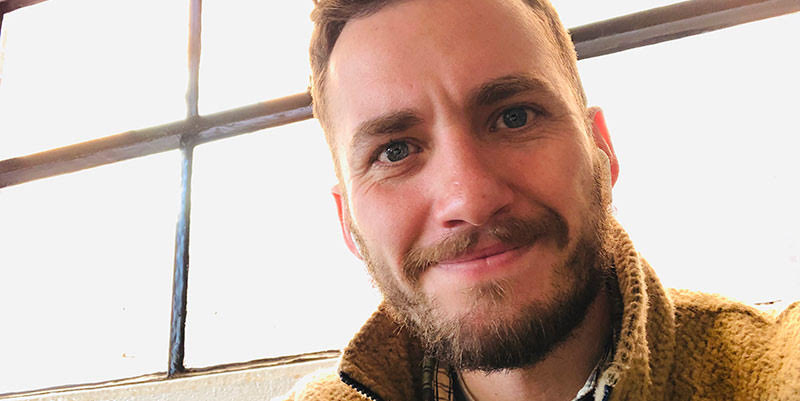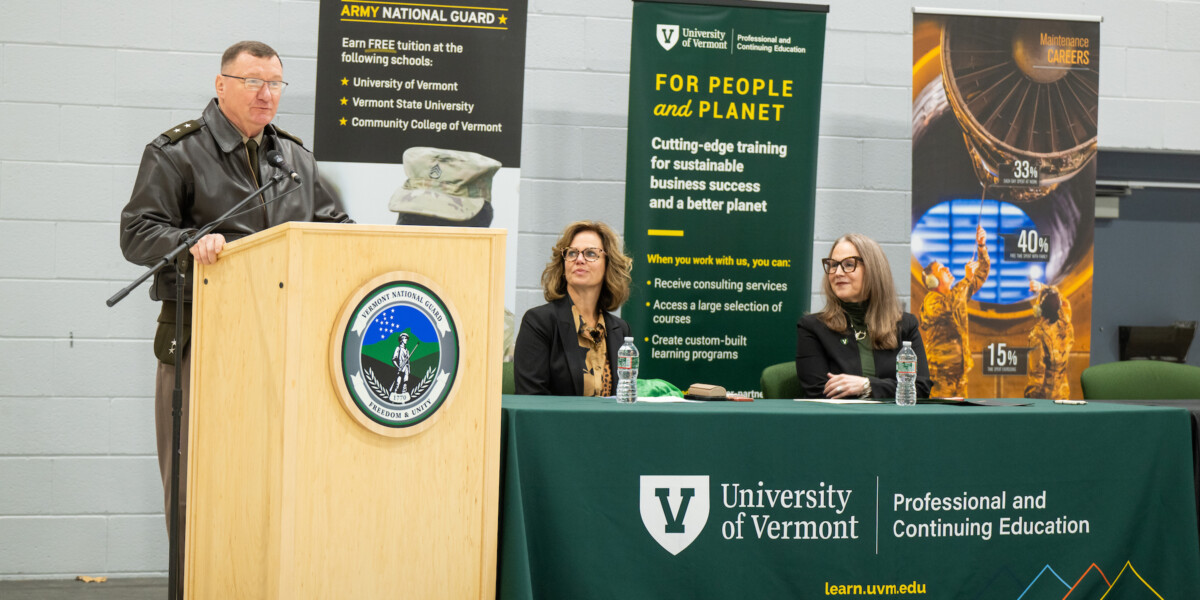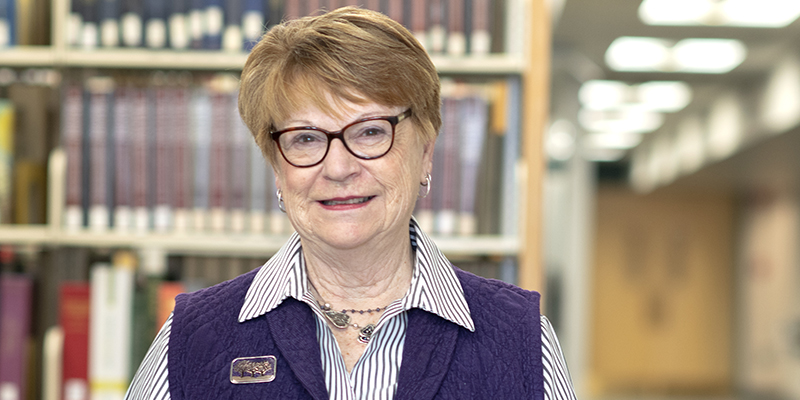Associate Professor Jason Garvey’s personal experience strongly influenced his pursuit of uplifting queer and trans collegians.
As a closeted student-athlete during his undergraduate years, Garvey came out as queer while he was a graduate student at The Ohio State University. It was then that Garvey became enlightened to the importance of individual and institutional contexts for retaining queer and trans students on college campuses.
“It’s difficult to disentangle my professional work from my personhood,” says Garvey, who teaches in the UVM College of Education and Social Services and serves as the program coordinator for the Higher Education and Student Affairs Administration Program (HESA)
“You can see how it weaves together with my scholarly interests. “
Garvey’s research examines student affairs and college classroom contexts, primarily using quantitative methods. This year, his research study, “Critical Imperatives for Studying Queer and Trans Undergraduate Student Retention,” was published in the Journal of College Student Retention.
In the study, Garvey says the lack of retention scholarship for queer and trans students has resulted in inadequately capturing the nuanced dimensions of student retention.
Garvey explains that prominent higher education and student affairs national surveys that collect between 50,000-200,000 respondents typically don’t include demographic information to identify queer and trans people. He hopes his research will raise awareness and create a more inclusive approach.
“There has been a complete invisibility of proactive student success policies to uplift queer and trans people in education. In finance conversations, education accessibility conversations, and equity-driven funding conversations, there were no data to describe how queer and trans students were retained through inclusive policies, or how they were succeeding academically, or how their career trajectories were benefiting from warm campus environments,” Garvey says. “There was a complete lack of data and a lack of conversation of how to attend to the needs of queer and trans people.”
A Pivotal Moment
As a doctoral student at the University of Maryland, Garvey began thinking about focusing his career and research on identity-based student services. While working part-time as a coordinator of queer and trans student services in 2010 at the University of Maryland, Tyler Clementi, an openly gay student at Rutgers University, died by suicide.
“As soon as it happened, reporters were calling my office, asking what the University of Maryland does to serve queer and trans students and their mental health, and what the University is doing to ensure student success,” he says. “I was 23 at the time, and I was so overwhelmed and felt completely isolated. It was that small example that I think about so much. I think about a life cut short, tragically. I also witnessed the lack of synergy within colleges and universities, and how we need to serve and uplift queer and trans people comprehensively.”
Garvey soon realized that colleges and universities must take an ecological approach to serve queer and trans students. He says all student services professionals should have an identity- and community-affirming, critically conscious approach to how they serve students, with attention to complex systems, heterosexism, cisgenderism, racism, classism, and the intersections of all of those power dynamics.
“I never had queer faculty member until partway through my doctoral studies at the University of Maryland,” he says. “I’ve dedicated myself to be an equity-driven instructor and also to be representative of my community. I love the energy of emerging student affairs professionals—grappling with tensions of liberation and administration, the tensions of student-centeredness and institution-centeredness, and tensions of attending to our own wellness and personhoods while caring for a community of students who are trying to navigate their own transitions.”
Garvey arrived at UVM in 2016, and teaches a variety of courses to undergraduate and graduate students, including College Students & Contexts, and Student Development Theory. In the UVM HESA program, a graduate program in the Department of Leadership and Developmental Sciences, Garvey is proud of the faculty’s shared vision of justice through education.
More than anything, it’s the students who inspire him to forge ahead and never stop learning.
“We have brilliant students who push me, challenge me, and see me as a person. It’s with great humility, trust, and vulnerability that I’m able to learn with students about the complexities of higher education,” he says. “There are so many power dynamics in higher education, and to be able to exhale, let down my guard, and learn with and from students is magical.”
-The “UVM Is” series celebrates University faculty, educators, staff, and the campus community.




